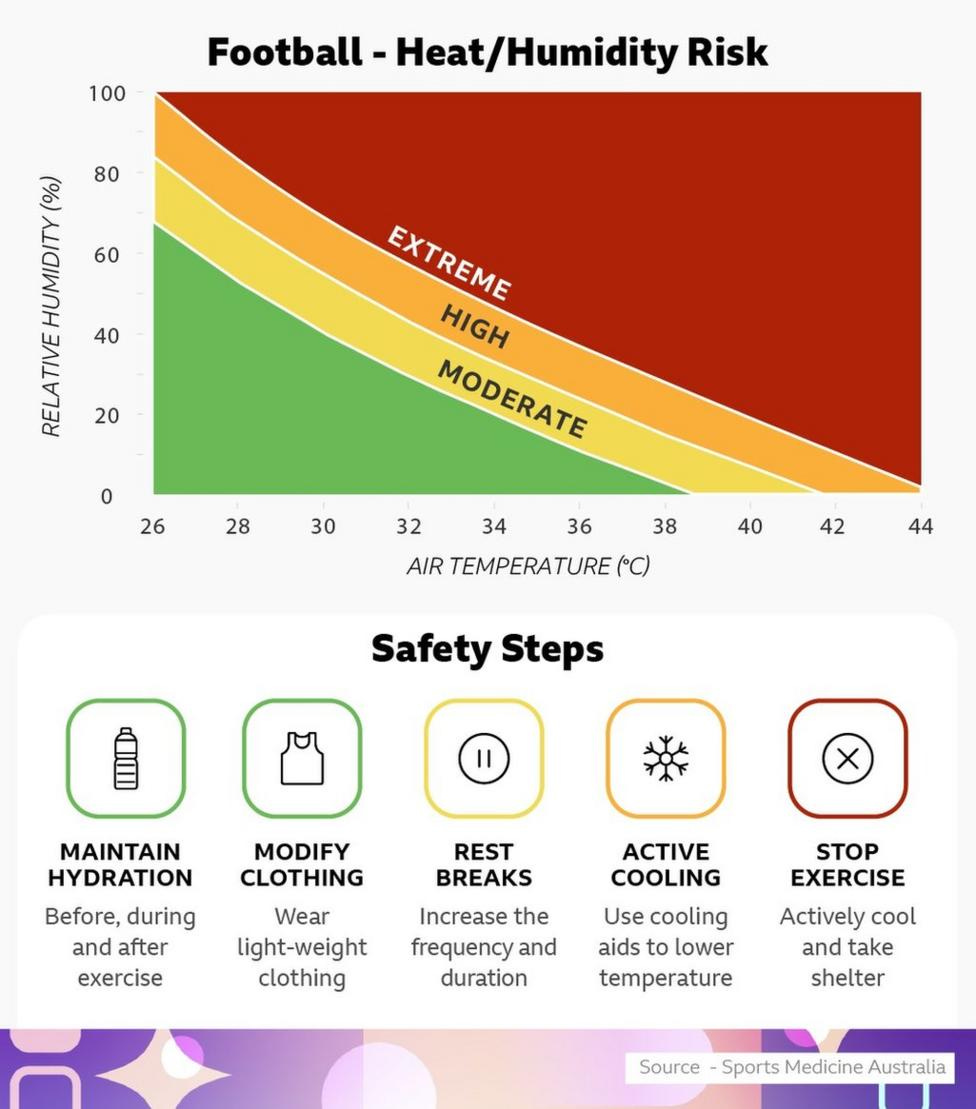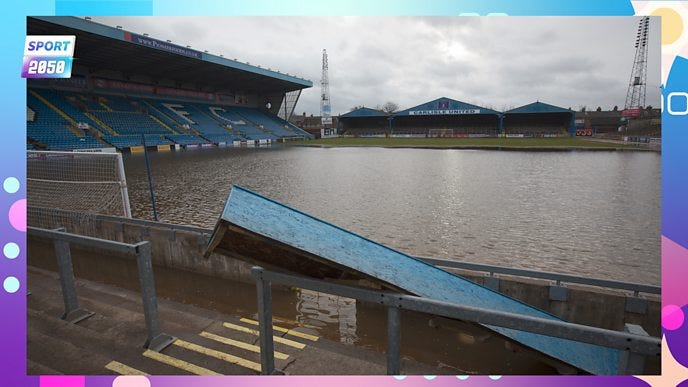The Grumpy Optimists #11
The UK has its beans and crypto goes green.
Hello all and welcome back! 👋
I hope you’re all enjoying the time in the pubs and staying safe. Without further ado, let’s get into it.
Quick Reads
🌬️ It's all a bit windy in the UK. The weather may have been pretty poor during May but that's good news for wind power. In the early hours of Friday, wind turbines provided nearly two-thirds of Britain’s electricity, that's good news for Britain.
📈 Talk of ambitious climate targets ahead of G7 Summit. Leaders of the world's largest economies are set to deliver climate targets in line with limiting the rise in global temperatures to 1.5C when they meet in Cornwall next month. Ahead of COP26 in November, this summit is likely to be hugely significant in setting the course of climate action in the next crucial decade, and the early signs are positive.
🇦🇺 Australians make their voice heard on the climate. Across 47 different sites all over the country, Australians turned out in impressive numbers to show what they thought about the government's recent decision to fund a new $600 million gas-fired power plant in New South Wales. Australia has a higher rate of CO2 emissions per capita than any other country in the world - but there is evidently desire for this to change on the streets, if not in the corridors of Canberra.
💰 Crypto goes green. Cryptocurrencies get a lot of bad wrap for using too much energy, but Ethereum, the second-largest crypto after Bitcoin is changing its infrastructure to lower its energy use. That takes its carbon consumption from the size of Peru to only 2,000 homes.
🥕 We need to change our relationship with food. Greta Thunberg has set her sights on changing our relationship with food to cut carbon emissions, disease outbreaks and animal suffering.
Sports 2050: (re)framing the climate issue for sports fans
In our very first blog post we talked about how important framing is if we are to engage individuals and communities to act on climate change, biodiversity loss, and all the other negative impacts humans are having upon the important environmental processes which sustain our planet. We argued that in order to instigate the transformative action we desperately need if we are to avert the full effects of climate chaos, we need to cast a wider frame around these issues so they are seen to be about more than just the 'environment.' Or at least, perceived to be about more than the environment. This perception (and ultimately self-interest) is far more likely to motivate individuals to care about addressing issues they felt disconnected from and unaffected by.
We can do this by framing the impacts of climate change around our health - such as the impact of increasing levels of nitric oxide and other GHG are having on respiratory illnesses globally. Or we can attempt to engage people to rally against mass deforestation, big agribusiness and monocultural, industrial-scale farming, by highlighting that this industry alone is significantly increasing the transmission of zoonotic diseases, which can unleash pandemics far worse than Covid-19.
If there's something we've definitely learned in the last year or so, it's that’s none of us want any more lockdowns - and by making the direct connection between climate change, deforestation, pandemics, and our ability to go to our local pub with friends - we suddenly find ourselves caring about these bigger issues. Once more people start to take notice and care about the environment, for whatever reason, the potential for positive action is huge.
Another way to do this is sport. Globally, sport captures an enormous amount of interest. The potential to use this audience as a forum to engage people in environmental issues is staggering - and this is exactly what the Sports 2050 movement is trying to do. To take football alone as an example, as the world's most popular and most played sport, a warmer planet is likely to significantly change the whole landscape of the sport.
This article paints a dystopian picture of a world cup hosted in China in 2050, with perilously high humidity levels and extreme heat which prevents fans from attending the games. Games played at night, for just 60 rather than 90 minutes to avoid exhaustion and life-threatening health risks to the players. This is of course imaginary, and may seem trivial for the many of you who would love nothing more than to see less football on the TV - but to any real sports fan, this is enough to take note of how the game we love may be forced to change for the worse if we continue on our current trajectory.
And don't worry, for those of you who don't like football, the BBC have ensured that Sports 2050 have something to capture everyone. For example, check out this mock reel to get a taste of what our weather forecasts may look like if we continue to burn fossil fuels and heat up the planet.
If you get the opportunity to, share this with any and every sports lover you know - particularly those who aren't too inclined to care for 'environmental' issues. This may be just the thing to make them sit up and take note - never underestimate the power of a simple conversation.
Lots of love, George and Will.




